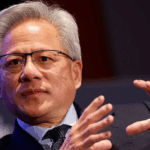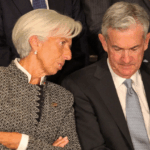
Lawyer and Executive Director of the Ark Foundation, Dr Angela Dwamena Aboagye, has raised serious concerns about Ghana’s persistent failure to effectively address gender-based violence, describing the country’s response strategy as weak and stagnant.
Discussing gender-based violence on the JoyNews AM Show on Tuesday, November 25, Dr Aboagye said her years of work in the sector have shown that the country has made very little progress in addressing the issue.
She noted that the issue continues to surface in many different forms nationwide, yet the systems responsible for addressing such cases consistently fail to deliver. According to her, the country has not advanced in understanding the complexities of gender-based violence or in adopting practical measures to curb it.
Dr. Aboagye further explained that any effective response must rest on four key pillars. “The best strategies have four legs. When you are looking at this nature of work, there is the preventive side, the protective side, the provision side, and then there is the prosecution side, or the attempt to hold the perpetrators accountable. Any time one of these legs is not working, all four will fall flat.”
She stressed that Ghana is currently struggling on every front. “But here in Ghana, all four are not working well; whether we are preventing it through public education, sensitisation, or letting people understand the criminal nature of these acts and the fact that it can get them into trouble, it doesn’t happen much.”
Dr Aboagye added that the major challenge lies not in the laws themselves but in ensuring they are properly applied.
“When it comes to protection, the law enforcement we have has good laws; we don’t have any problem with our laws. The problem is the enforcement of the laws, the implementation of several policies that have been adopted in this area of work. It’s not working very well. People keep coming up with responses that confirm that we are failing them when we have to respond to these kinds of issues.”
She noted that these persistent gaps continue to undermine efforts to protect victims and hold offenders accountable.




